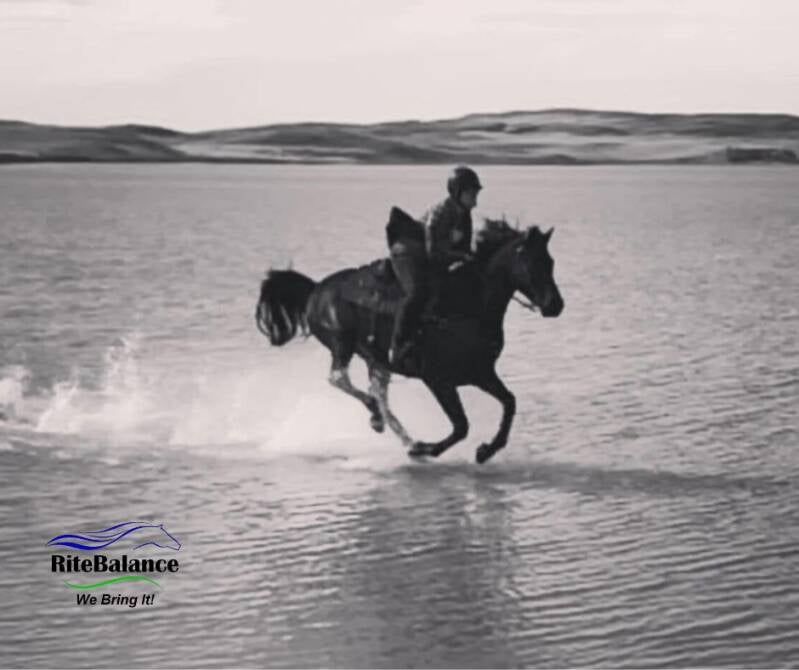Skip to main content
Let’s talk about a question that seems simple—but rarely is:
“What does everyone feed their performance horses for grain?”
This type of post shows up regularly in horse groups I follow, and while it’s totally understandable to ask, the responses it generates can be overwhelming—and often not very helpful for your specific situation.
Why? Because feeding a performance horse is anything but one-size-fits-all. What works for one horse may be completely inappropriate—or even harmful—for another.
Here’s why broad, generalized questions like this can quickly become problematic:
1. Lack of Context = Limited Value
Horses have highly individual needs. Just a few of the variables that matter:
Age, breed, metabolic tendencies Workload, frequency, conditioning level, climate, terrain History of ulcers, tying up, laminitis, metabolic issues Type and quality of forage, access to pasture Supplement history, current deficiencies, bloodwork Behavior and temperament Fueling strategies for ride days and recovery periods
Without this context, recommendations are just guesses.
2. Anecdotal ≠ Ideal
People naturally share what worked for them—but that doesn’t mean it’s balanced, evidence-based, or appropriate for your horse. Many horses get by on suboptimal diets... until they don’t. Long-term success requires more than “it worked for mine.”
3. Confirmation Bias Is Real
You’ll get a wave of conflicting opinions—often delivered with great confidence. It’s tempting to latch onto what sounds easy or familiar, even if it isn’t backed by science or doesn’t match your horse’s needs.
4. Fad Diets Can Derail Good Intentions
It’s easy to fall into the trend trap: Overloading fat in an already complex ration Going grain-free or forage-only without proper balancing Tossing in handfuls of powders, herbs, or sketchy mystery supplements
Not all trends are bad—but they’re definitely not right for every horse.
5. Dangerous Oversimplification
Yes—dangerous. Performance horses have elevated needs for protein quality, energy balance, mineral ratios, electrolytes, and recovery nutrition. Overly simplistic advice like “just feed X and you’re good” can lead to serious nutritional gaps.
So What’s a Better Way?
If your horse is going off their feed or you’re questioning whether it’s still a good fit, first identify the root of the concern:
Is it boredom or flavor fatigue?
A change in workload or fitness?
Early signs of ulcers, metabolic shifts, dental discomfort, or underlying medical issues?
Once you have a sense of the why, you can start building a more targeted and informed plan—ideally with input from a vet or an experienced, qualified nutrition professional.
NOTE: There is no such thing as a "certified equine nutritionist" in the U.S.— see this all the time — so do your research. Many people use the title without formal education or appropriate credentials.
In short: Asking others “what they feed” can be a useful conversation starter, but it’s not a shortcut to an appropriate feeding plan. Equine nutrition is nuanced, and performance horses are high-demand athletes. Take the time to tailor your horse’s plan based on their individual needs—because they deserve it.
Photo credit to Victoria Mexcur



Add comment
Comments